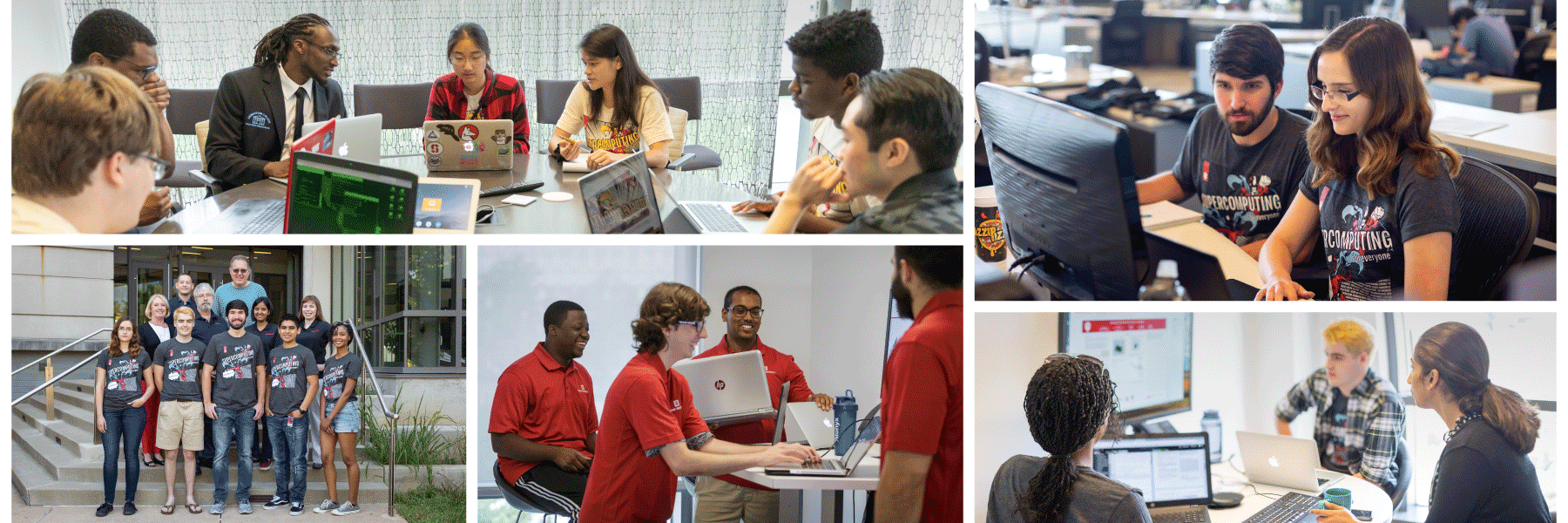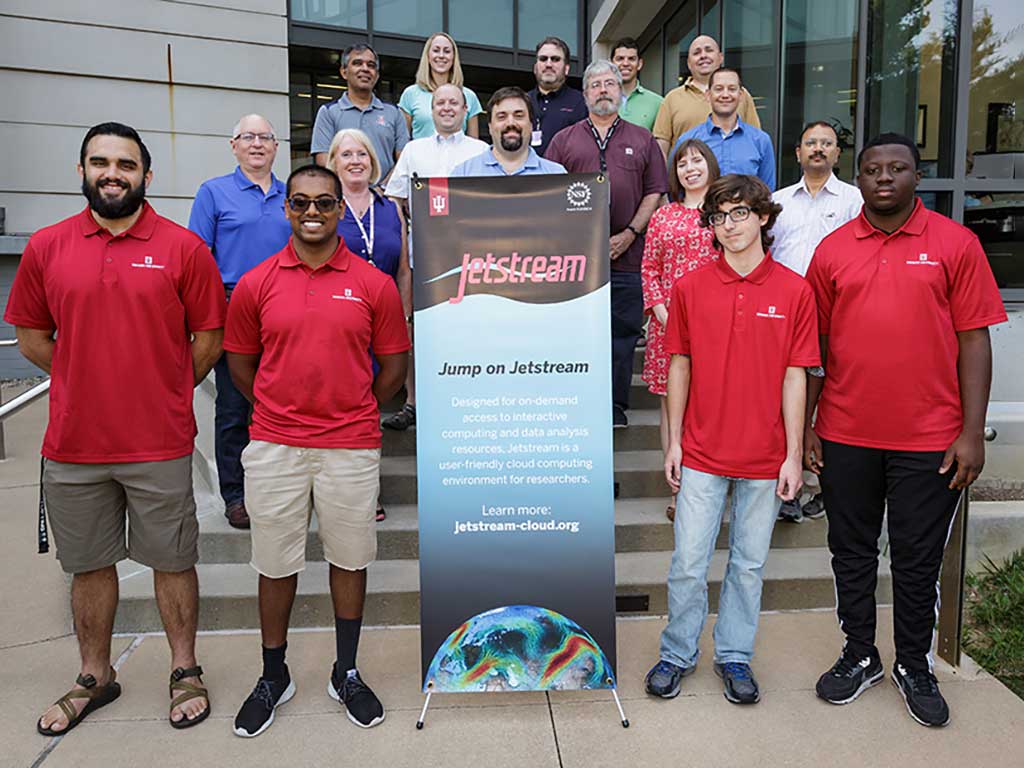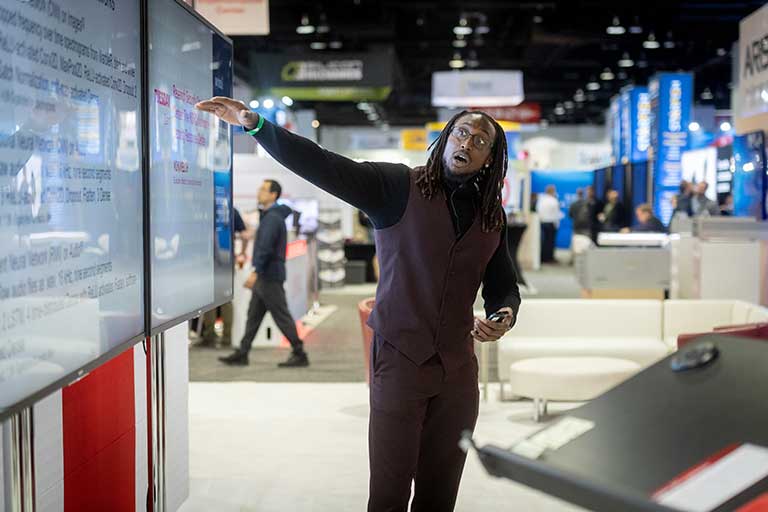Jetstream is the National Science Foundation’s first production cloud computing system. The goal of Jetstream2 is to increase access to cloud computing resources to researchers in the long-tail-of-science (including social science and humanities research).
Students will work with Indiana University researchers and staff to do mentored research projects about Jetstream2. Potential research topics include efficient utilization of Jetstream2 for data analytics tasks, minimizing energy consumption via dynamic load balancing, best practices with big data analytics using Jetstream2, best practices with compute-intensive humanities projects.
Students will receive a generous stipend and, if needed, accommodations in one of IU’s dorms for the duration of the experience. Most program activities will be conducted on the IU campus (Bloomington, IN); however, we anticipate travel to a conference (travel expenses provided).






